SEARCH
ALL NEWS
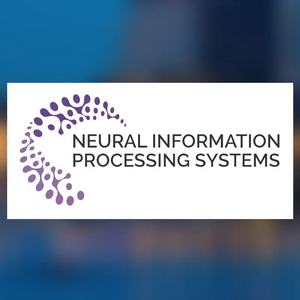
Paper Forecast NeurIPS 2024
Several BIFOLD research groups participate in the 48th Annual Conference on Neural Information Processing Systems in Vancouver, Canada, taking place from December 10 to 15, 2024.
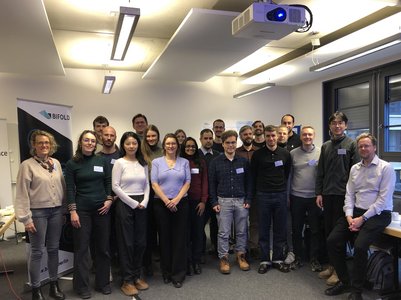
BIFOLD Workshop examines European AI Act challenges
On November 29th, 2024, Bifold hosted an engaging workshop with interdisciplinary experts to explore the challenges and opportunities presented by the new European AI Act.

Klaus-Robert Müller on "Highly Cited Researchers" list
Since 2019, Prof. Dr. Klaus-Robert Müller has consistently appeared on the "Highly Cited" list, affirming his lasting contribution to groundbreaking research.
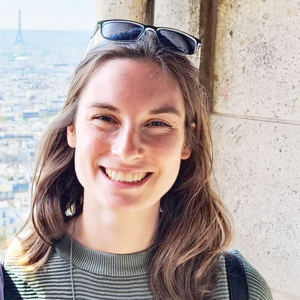
Researcher Spotlight: Dr. Lisa Raithel
Dr. Lisa Raithel is working at the integration of natural language processing (NLP) and medicine. Recently completing her PhD, she dives deep into the multilingual analysis of health data to uncover the real-world effects of medications.

Explainable AI illuminates the course of history
Understanding the evolution and dissemination of human knowledge over time is a long-cherished dream of many historians. A dream that faced many challenges due to the abundance of historical materials and limited specialist resources. However, the digitization of many historical archives presents new opportunities for AI-supported analysis.
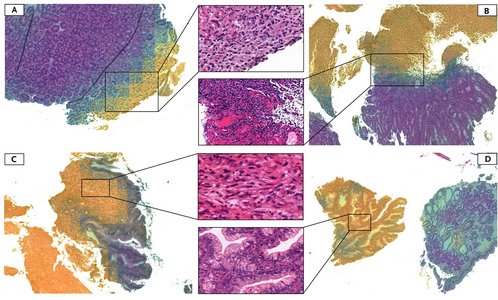
AI in medicine: new approach for more efficient diagnostics
Researchers from LMU, BIFOLD, and Charité have developed a new AI tool that uses imaging data to also detect less frequent diseases of the gastrointestinal tract. In contrast to conventional models, the new AI only needs training data from common findings to detect deviations.

Publication Highlight – Pruning Clever-Hans strategies
Hidden Clever-Hans effects can undermine the reliability of AI models. The paper “Preemptively pruning Clever-Hans strategies in deep neural networks” introduces a method that corrects biases in neural networks without prior knowledge of faulty features.

A Dialogue of Art and Science
BIFOLD is happy to announce the Berlin-based artist duo kennedy+swan as Artists in Residence 2024/2025. Until June 2025, kennedy+swan will collaborate with BIFOLD researchers as part of the “Art of Entanglement” Artist in Residence program, which aims to bridge artistic and scientific perspectives on artificial intelligence.
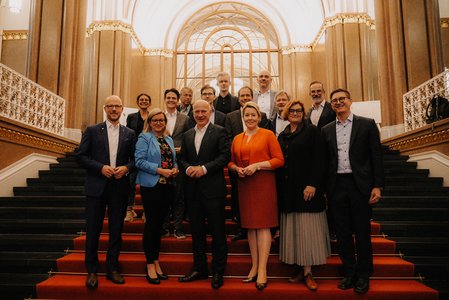
The Berlin AI Roundtable
At the invitation of the Governing Mayor of Berlin, Kai Wegner, key players from business, academia, and digitalization gathered for a cross-departmental AI roundtable at the Red Town Hall.

Researcher Spotlight: Dr. Viktor Rosenfeld
Dr. Viktor Rosenfeld did his PhD in the "Database Systems and Information Management" research group led by Professor Dr. Volker Markl. Learn more about Viktor's passion for database operators and singing in public.

